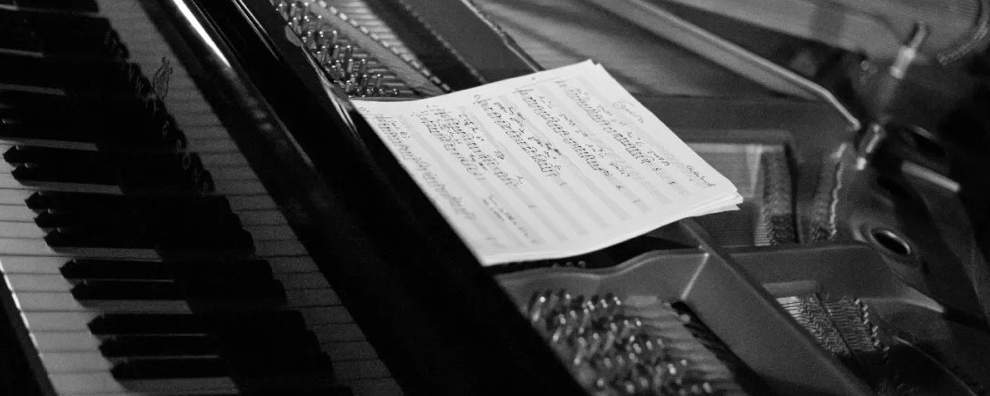使用DataBinding来设置空状态(二)-重新加载
写在前面
这是使用DataBinding来设置空状态的第二篇,在上一篇中介绍了基本的绑定空状态的操作,而这一篇将在上一篇的基础上添加重新加载的功能,内容不多,但是还是蛮必要的。
看看效果

首先
修改我们的空状态布局,添加一个重试的button
<?xml version="1.0" encoding="utf-8"?>
<layout xmlns:android="http://schemas.android.com/apk/res/android"
>
<data>
<import type="android.view.View"/>
<variable
name="stateModel"
type="com.ditclear.app.state.StateModel"/>
</data>
<RelativeLayout
android:id="@+id/rv_empty_view"
android:layout_width="match_parent"
android:layout_height="match_parent"
android:background="@color/background"
android:clickable="true"
android:focusableInTouchMode="true"
android:visibility="@{stateModel.empty?View.VISIBLE:View.GONE}">
<android.support.v4.widget.ContentLoadingProgressBar
style="?android:attr/progressBarStyle"
android:layout_width="wrap_content"
android:layout_height="wrap_content"
android:layout_centerInParent="true"
android:visibility="@{stateModel.progress?View.VISIBLE:View.GONE}"/>
<LinearLayout
android:layout_width="match_parent"
android:layout_height="match_parent"
android:layout_alignParentBottom="true"
android:layout_alignParentLeft="true"
android:layout_alignParentStart="true"
android:gravity="center"
android:orientation="vertical"
android:visibility="@{stateModel.progress?View.INVISIBLE:View.VISIBLE}">
<ImageView
android:id="@+id/none_data"
android:layout_width="345dp"
android:layout_height="180dp"
android:scaleType="fitCenter"
android:src="@{stateModel.emptyIconRes}"/>
<TextView
android:layout_width="wrap_content"
android:layout_height="25dp"
android:layout_below="@+id/none_data"
android:layout_centerHorizontal="true"
android:text="@{stateModel.currentStateLabel}"
android:textSize="16sp"/>
</LinearLayout>
<Button
android:layout_width="wrap_content"
android:layout_height="wrap_content"
android:layout_centerInParent="true"
android:background="@color/colorAccent"
android:text="重新加载"
android:textColor="@color/background"/>
</RelativeLayout>
</layout>
如何利用这个button呢?对于重新加载这个功能来说,在这个视图里我们也仅仅需要考虑两点罢了
- 显示隐藏
- 重新加载事件
对于第一点,参照ContentLoadingProgressBar的方式,我们只需要根据error_code判断一下是否显示
而第二点,由于databinding可以在xml里绑定事件,所以我们可以添加一个onclick事件给button
// 显示重新加载
public boolean isNetError() {
return this.emptyState == EmptyState.NET_ERROR;
}
//重新加载
public void reload() {
if (mCallBack != null) {
mCallBack.onReload();
}
}
public void attach(CallBack callBack) {
mCallBack = callBack;
}
public void detach() {
this.mCallBack = null;
}
//使用回调处理错误及重新加载事件
public interface CallBack {
//失败
public void onFailure(Throwable e);
//重新加载
public void onReload();
}
xml布局
<Button
android:layout_width="wrap_content"
android:layout_height="wrap_content"
android:layout_centerInParent="true"
android:background="@color/colorAccent"
android:onClick="@{()->stateModel.reload()}"
android:text="重新加载"
android:textColor="@color/background"
android:visibility="@{stateModel.netError?View.VISIBLE:View.GONE}"/>
如此,我们的功能就大体完成了,easy
实际运用
由于需要处理回调的事件,基本每个页面都需要用到,所以建议在基类里做处理。
一般而言,基类通常会是抽象类。以笔者的习惯来说,基类里一般会有四个抽象方法。
-
protected abstract int getLayoutId();返回布局id
-
protected abstract void initView();初始化view
-
protected abstract void initEvent();处理事件
-
protected abstract void loadData(boolean isRefresh);
加载数据,和重新加载操作一样,所以我们只需要重新调用loadData方法就好了
BaseActivity
/**
* 页面描述:基类 ,协同stateModel处理error及重新加载操作
*
* Created by ditclear on 2017/7/1.
*/
public abstract class BaseActivity<VB extends ViewDataBinding> extends AppCompatActivity implements StateModel.CallBack {
protected StateModel mStateModel;
protected VB mBinding;
@Override
protected void onCreate(@Nullable Bundle savedInstanceState) {
super.onCreate(savedInstanceState);
mBinding = DataBindingUtil.setContentView(this, getLayoutId());
mStateModel = new StateModel();
mStateModel.attach(this);
initView();//初始化view
initEvent();//处理事件
loadData(true);//加载数据
}
protected abstract void initView();
protected abstract void initEvent();
protected abstract void loadData(boolean isRefresh);
@LayoutRes
//返回布局id
protected abstract int getLayoutId();
@Override
public void onFailure(Throwable e) {
Toast.makeText(this, e.getMessage(), Toast.LENGTH_SHORT).show();
}
@Override
public void onReload() {
loadData(true);
}
@Override
protected void onDestroy() {
super.onDestroy();
if (mStateModel != null) {
mStateModel.detach();
}
}
}
写在最后
对于空状态的展示经过这两篇文章,相信大家也有了自己的理解,处理空状态及其事件也明白该怎么做了,easy。
毕竟学到了才是属于自己的,授人以鱼不如授人以渔也正是这个道理。
至于使用databinding来处理空状态也是看了google的android-architecture受到的启发,推荐想了解架构的同学fork下来学习学习。
最后github地址:https://github.com/ditclear/StateBinding





